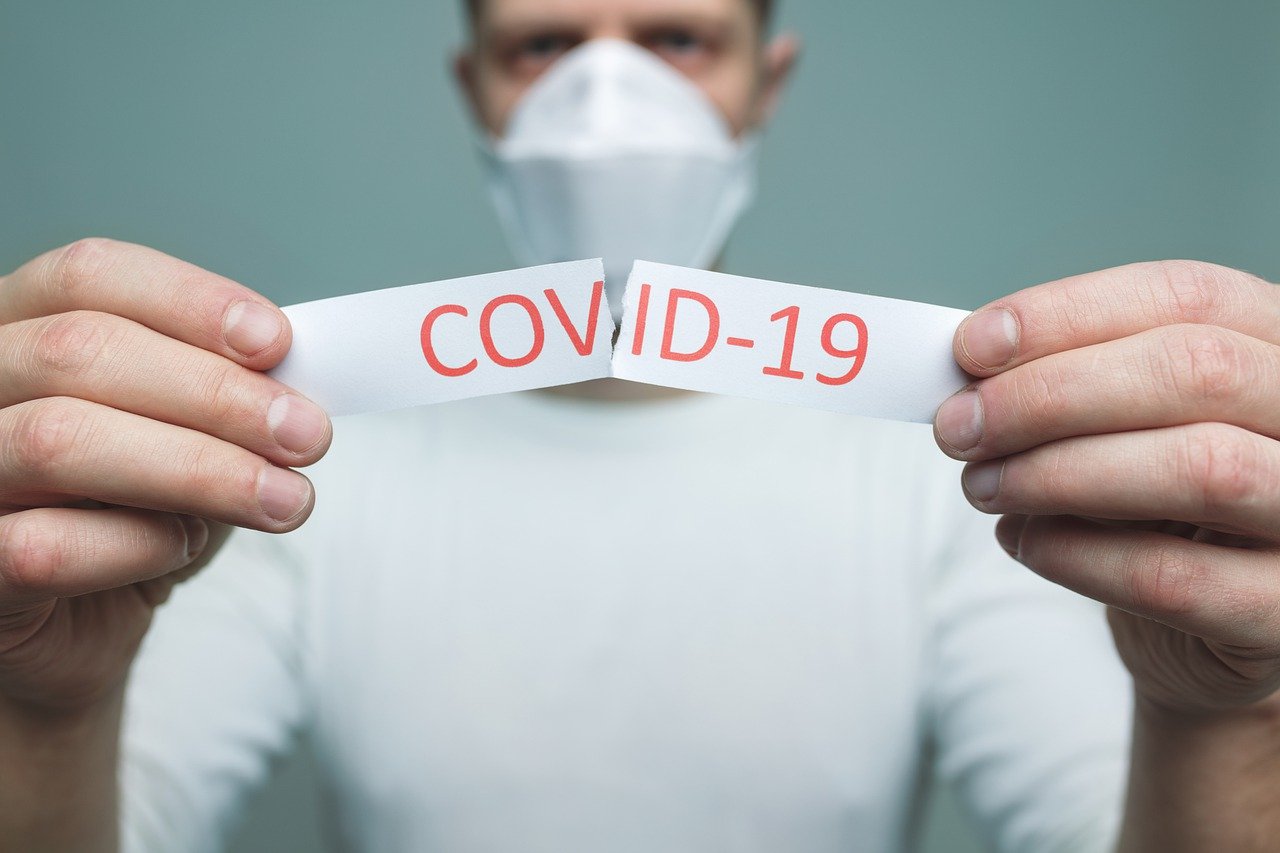
The world is looking for a coronavirus cure. Scientists and health institutions in different countries are employing unique strategies to develop medicines that can combat the virus.
Exscientia, an Oxford-based firm, applies artificial intelligence in making new medicines. It recently partnered with a UK national science facility to examine more than 15,000 drugs for their effectiveness as a treatment for COVID-19.
A spinoff company from the University of Dundee, Exscientia is studying a significant collection of drugs held by the Scripps research institute in California and supported by the Bill and Melinda Gates Foundation.
Exscientia will evaluate those drugs in partnership with Diamond Light Source near Oxford, which functions like a huge microscope and emits bright light that lets scientists to study viruses.
The objective of the partnership is to come up with a drug that can treat coronavirus within the next six to 12 months. This drug would be tested on Covid-19 patients, Prof Andrew Hopkins, the firm’s chief executive, said in an interview with the Guardian.
Any potential coronavirus cure could be made accessible for compassionate use before the completion of clinical trials. Though this would depend on how much can be produced quickly.
The drug collection, which contains over 15,000 compounds that have been approved and tested for human safety in clinical trials or pre-clinical studies, was already transferred from California to Oxford.
“The drugs we are testing have either been approved by the [US regulator] FDA for other diseases or have been extensively tested for human safety. By being able to repurpose existing molecules, we can save a lot of time in the drug discovery process, meaning a faster route to clinical trials, and potentially a treatment for patients," said Prof David Stuart, director of life sciences at Diamond and professor of structural biology at Oxford University.
The screening process
The biosensor technology of Exscientia can evaluate the drug molecules for effectiveness against Sars-CoV-2, the virus that causes COVID-19.
The scientists aim to assess components for viral replication and what happens between the virus’s spike protein and a human cell receptor that allows the virus to enter the cells.
Coronavirus treatment trials worldwide
Many efforts to develop the treatment for coronavirus focused on existing drugs, such as the antimalaria medicine chloroquine, the HIV drug Kaletra, the Japanese anti-flu drug favipiravir, and the Ebola drug remdesivir, which is currently the frontrunner.
The initial results from human trials of remdesivir in China and the US are expected in April. Meanwhile, the UK biotech firm Synairgen is applying its lung-disease drug, an inhaler, in Covid-19 sufferers.
Exscientia is an expert in using computer algorithms and machine learning, known as artificial intelligence, to discover novel drugs. The algorithms detect what molecular features make for effective drugs. Aside from repurposing existing drugs, the firm also aims to develop a novel treatment for the virus.
"...making vaccines is as much art as science. It involves finding a viral sequence that will reliably cause a protective immune-system memory but not trigger an acute inflammatory response that would itself cause symptoms," James Hamblin wrote in his piece on The Atlantic.






